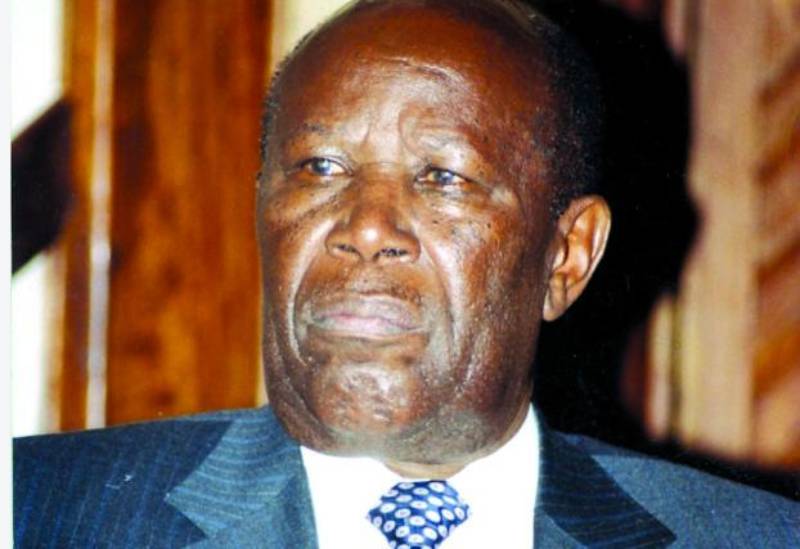×
The Standard e-Paper
Fearless, Trusted News

Former State House Comptroller John Matere Keriri says he was not sacked by former President Kibaki for differing with first lady Lucy Kibaki as is commonly perceived.
“I did not want anything that brought misunderstanding between me and my mentor friend Kibaki. So I asked him to allow me to resign,” he says.